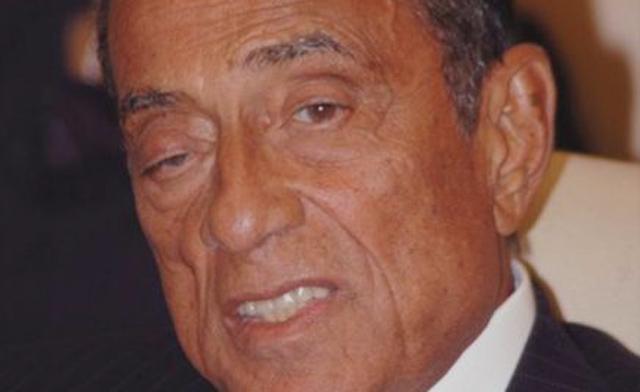Runaway entrepreneur Hussein Salem has proposed a new initiative for reconciliation with the government.
A famous entrepreneur, Salem was affiliated with the former regime and fled to Spain after the 25 January Revolution before being accused of graft and owning properties illegally. Now he wants to come home and his lawyer, Tarek Abdel Aziz, has proposed an initiative to allow this.
During a phone interview with Al-Jazeera TV channel, Abel Aziz said the initiative does not entail Salem paying a specific amount of money to the government. He explained that the initiative is to provide the government with a statement of Salem’s funds and assets in Egypt and abroad, in addition to giving them authority to investigate his assets and bank accounts abroad.
Salem would forfeit a percentage of his assets to the government, retaining a small percentage to “secure his living.”
“This applies to all assets and money mentioned in our statement. The government would have the right to seize any money or assets not mentioned in the statement,” Abel Aziz said.
The lawyer claimed that the media had overstated the wealth of former regime figures and their estimates lacked any factual basis. “The exaggeration was encouraged by those who had an interest in escalating the situation,” he said. “It is not logical to claim that a former regime figure has a wealth of $70bn and Hussein Salem has another $40bn.”
He added that this led to unrealistic expectations among citizens, who started calculating the amount of money they would receive after toppling the former regime. “The overestimated inflated figures led people to refuse any attempt at reconciliation and instead the demanded the execution of former regime figures.”
Ramy Ghanem, a lawyer and human rights’ activist, explained that reconciliation initiatives are legal, adding that, by law, an entrepreneur cannot be imprisoned for graft as long as he accepted to reconcile with the government. “This is not the case for people working within the public sector, who can be imprisoned once they are found guilty of graft,” he said.
Of Salem’s initiative, Ghanem said it is legal as there is no specific form for reconciliation agreements. He explained that such initiatives are considered by the illicit gains authority, which decides whether to accept or amend them.



